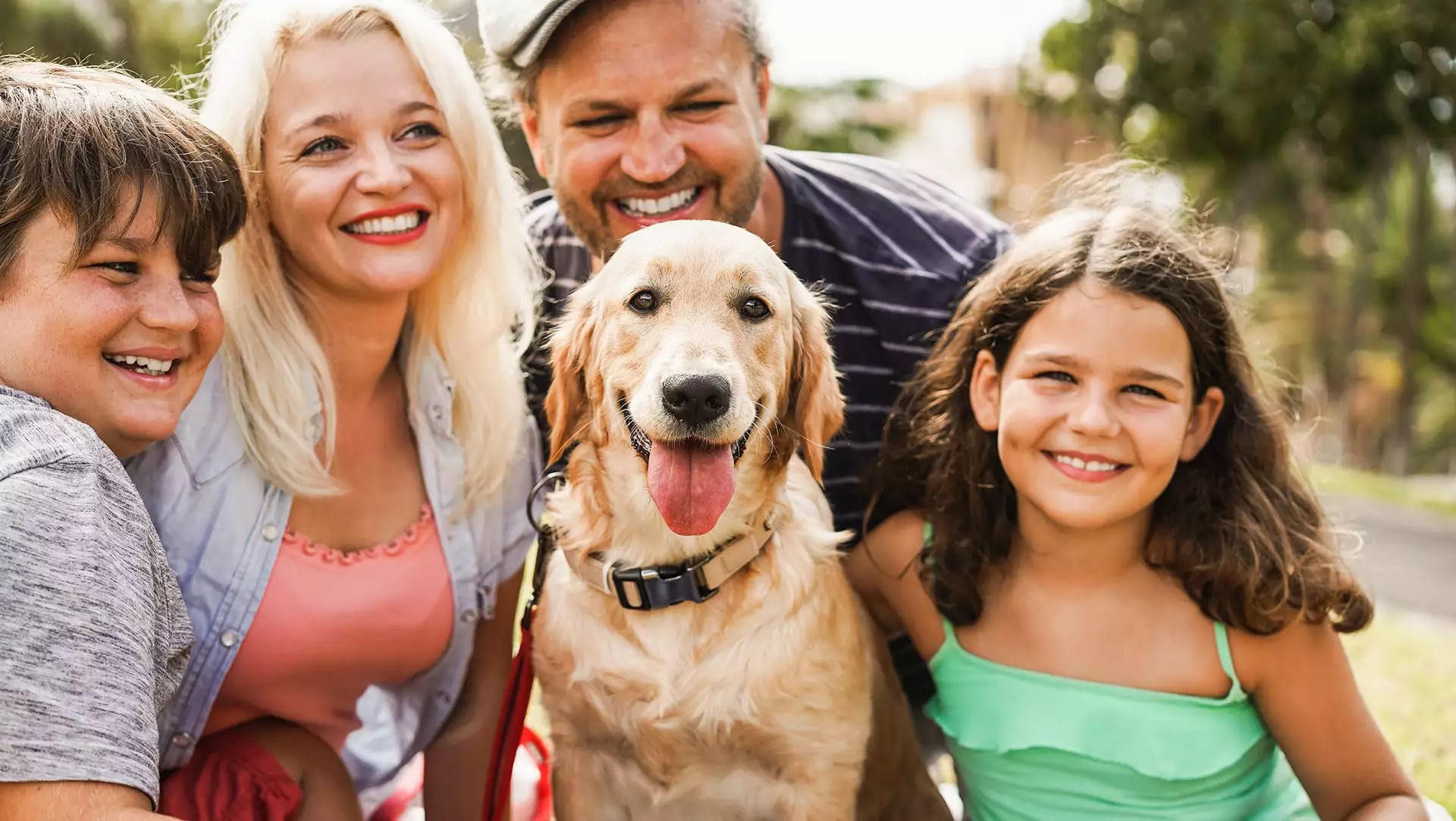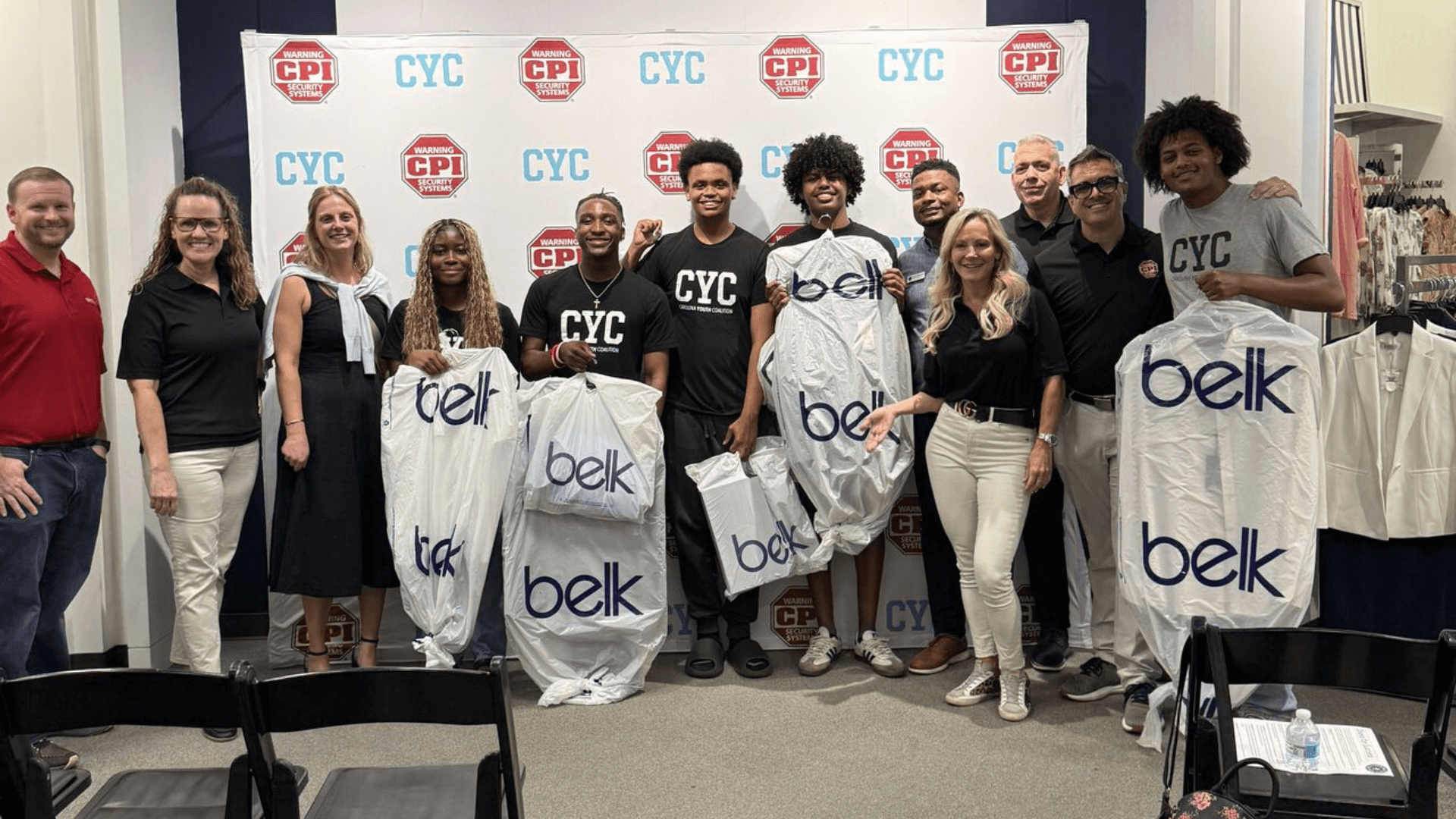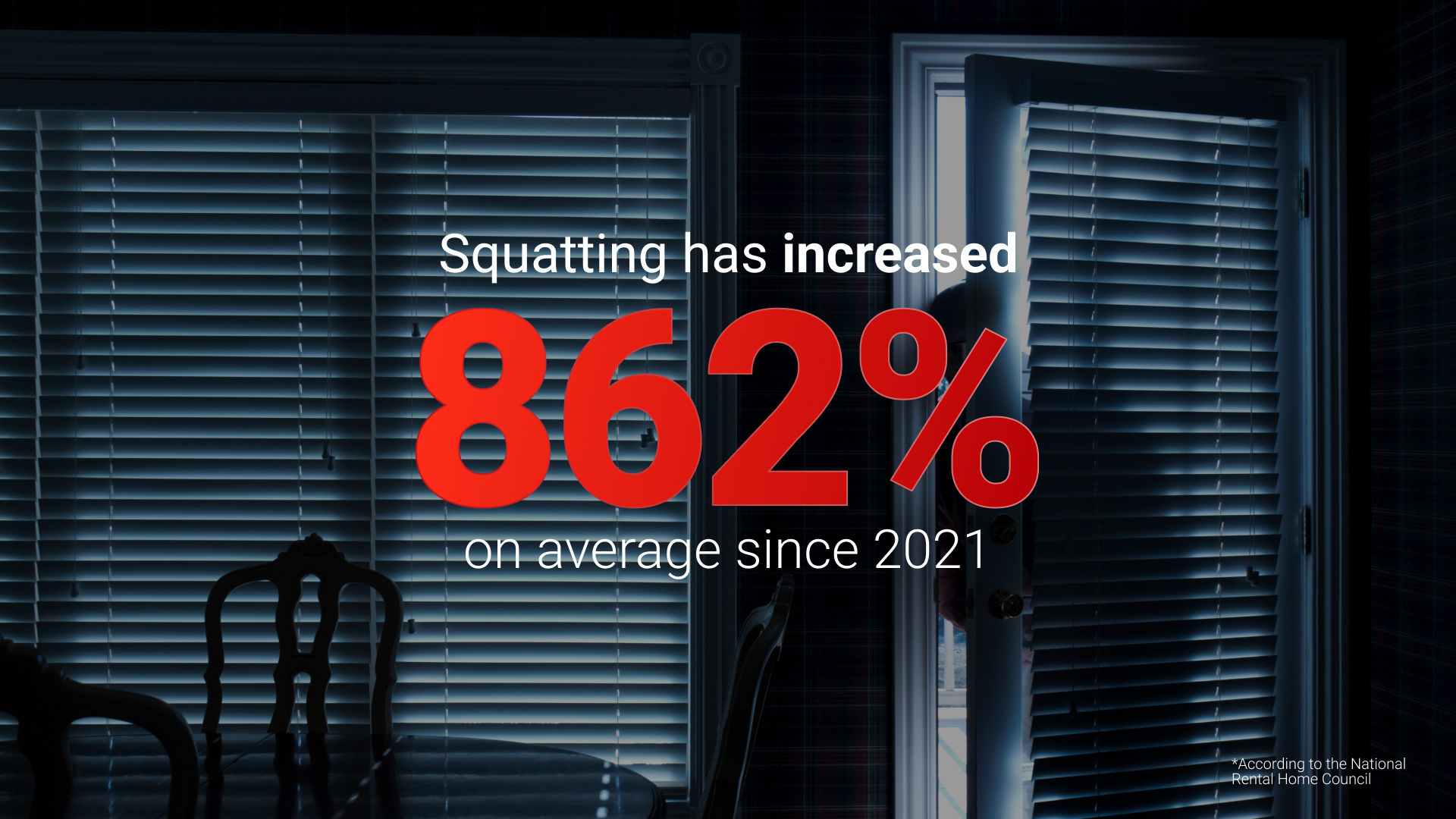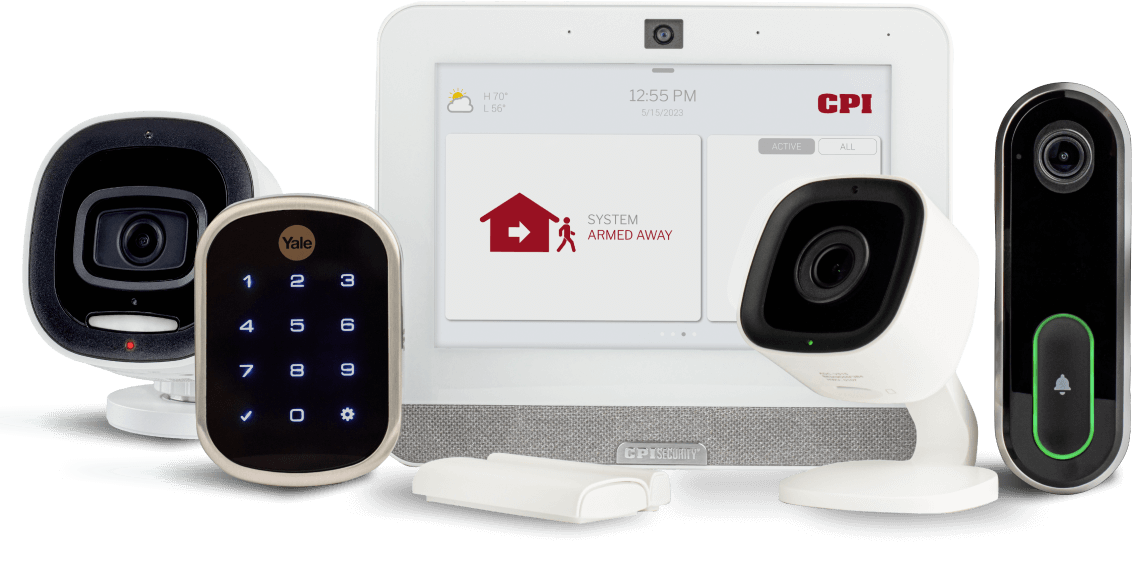The summertime brings sunshine, socialization and a lot of fun, but there are also many seasonal hazards to be aware of. Have a fun, safe summer by keeping these 23 summer safety tips in mind:
- Always practice pool and water safety when swimming or around bodies of water.
- Avoid sun exposure.
- Stay hydrated.
- Restock your emergency kit and stay prepared for storms.
- Protect yourself from bug bites.
- Exercise outdoors with caution.
- Watch out for signs of heat illness.
- Be mindful of grill safety.
- Give wildlife plenty of space.
- Check your backseat before locking your car.
- Avoid injuries while mowing your lawn.
- Avoid poisonous plants while outside.
- Practice food safety.
- Keep your pets safe in the heat.
- Play safely on the playground.
- Remember life jackets.
- Avoid alcohol while boating.
- Keep a first aid kit and other emergency supplies on board your boat.
- Stick to professional fireworks shows.
- Use fireworks and sparklers safely.
- Follow the rules of the road when cycling.
- Use biking safety equipment.
- Avoid biking at night.
General Summer Safety Tips
Always practice pool and water safety when swimming or around bodies of water.
If you’ll spend any time around water this summer, it’s important to always practice water safety and ensure your friends and family do too. If you or your children don’t know how to swim, enroll in swim lessons at a local pool this summer. This important skill could save a life. In the meantime, wear a life jacket if you aren’t a strong swimmer, and remember that floaties aren’t a good substitute as they can provide a false sense of security. Never swim alone or leave kids unattended, as even the strongest swimmers can sometimes encounter problems in the water. Have someone in your group clearly designated to keep an eye on all swimmers, especially children. Keep rescue equipment nearby in case of an emergency. Additionally, make sure any pool you are swimming in has been maintained well, and avoid swimming in pools with broken equipment or missing drain covers. If you’ll be swimming in the ocean or another large body of water, watch out for strong currents and riptides. Lastly, avoid drinking and swimming, as this increases the risk of drowning.
Avoid sun exposure.
Sun exposure that leads to sun burns and even skin cancer is a big concern year-round, but especially during the summer when we spend more time outside. Always wear sunscreen, and reapply it often. The American Academy of Dermatology recommends using a water-resistant, broad spectrum sunscreen that is SPF 30 or higher. Additionally, wear a hat and sunglasses and a lightweight, long-sleeved shirt when you’ll be outside for an extended period of time, and limit sun exposure if possible. The shade is your friend! Babies younger than 6 months should avoid sun exposure.
Stay hydrated.
Drink plenty of water during the summer, and up your water intake if you’re sweating. You can also consume foods with a high water content, such as melon. It’s especially important to stay hydrated if you’re consuming alcoholic beverages, which can dehydrate you. An alternative to consider is coconut water, which is full of electrolytes.
Restock your emergency kit and stay prepared for storms.
Summer often brings major storms and hurricanes, so make sure your emergency kit is fully-stocked and ready to go. Keep non-perishable food, water, flashlights, batteries, a portable phone charger, an emergency radio and a first aid kit on hand in case of an emergency. Always stay safely inside during storms, and never swim if it’s thundering. After a storm, be mindful of fallen trees and downed power lines. For our full Hurricane Preparedness checklist, click here.
Protect yourself from bug bites.
Insects can carry diseases such as Lyme disease or Zika virus, so protecting yourself from bites during the summer is very important. Use bug repellant spray if you’ll be outside, especially at dusk. Wear long sleeves, close-toed shoes, pants and socks, particularly if you’ll be walking through brush or in a wooded area. Always check your body for ticks after spending time outside. If you find yourself with a strange rash or one shaped like a bullseye, seek medical attention.
Exercise outdoors with caution.
If you love to exercise outdoors, be careful as the weather gets hotter. Drink plenty of water before going outside and while exercising, and opt to exercise indoors during intense heat waves.
Watch out for signs of heat illness.
Extremely hot temperatures can cause a variety of heat illnesses, including heat cramps, heat exhaustion, heat stroke and heat syncope. Look for symptoms like profuse sweating, feeling faint, dizzy or nauseated, pale and clammy skin, hot and dry skin, unconsciousness, mental confusion or a rapid pulse. If someone seems to be reacting to the heat, get them inside, stop all activity, and have them drink plenty of water. Seek medical attention if symptoms do not quickly improve.
Be mindful of grill safety.
Grills should only be used outdoors. Keep kids and pets a safe distance away from the grill, and never leave it unattended. Make sure your grill is well-maintained, and keep it clear of any excess grease or fat.
Give wildlife plenty of space.
Wildlife encounters are much more common in the summer. If you find yourself near wildlife, always keep a safe distance from them, and don’t attempt to pet, interact with or hold a wild animal. Watch your step to avoid snakes, and have your EpiPen handy if you’re allergic to bees.
Check your backseat before locking your car.
Never leave kids or pets unattended in the car, especially during the summer. Always check your backseat before locking your car.
Avoid injuries while mowing your lawn.
Always wear long-sleeved shirts, pants, closed-toed shoes, and safety glasses when mowing your yard. Before you begin, remove sticks and rocks that could become airborne if caught by the mower. Keep kids a safe distance away while you mow. Always make sure the mower is off and the blade has stopped spinning before removing or unclogging any parts of the mower.
Avoid poisonous plants while outside.
Most people have reactions to poison ivy, poison oak and poison sumac, and a small percentage of the population is extremely allergic. If there’s a chance you’ll be around these plants, wear long pants, long sleeves, and closed-toed shoes. Always wash exposed skin well once coming inside.
Practice food safety.
Food safety is always important, but especially during the summer heat. Cook meat thoroughly and test it with the meat thermometer. If you’re having a picnic or eating outside, keep cold food in a cooler with an ice pack.
Keep your pets safe in the heat.
Make sure pets have a shady spot to rest outdoors, along with access to water. Watch for signs of overheating, such as excessive panting and labored breathing. Avoid walking them on hot asphalt that may burn their paws. Keep vaccines up-to-date, and talk to your vet about a preventative to keep fleas, ticks and mosquitoes at bay.
Play safely on the playground.
Playgrounds are a great way to get kids moving and spend time outside. However, don’t take kids to the playground during extreme heat, and always bring water and encourage them to stay hydrated while playing. Avoid hot playground surfaces, and don’t let kids play barefoot.
Boat Safety Tips
Remember life jackets.
When boating, you should always have a life jacket on board for each person, and children and those who can’t swim should wear them at all times. Make sure life jackets fit well and are buckled securely.
Avoid alcohol while boating.
Drinking and boating don’t mix; never drink and drive a boat. If passengers will be drinking, make sure they stay safe and hydrated.
Keep a first aid kit and other emergency supplies on board your boat.
A boater’s first aid kit should include things like gauze, adhesive bandages, antiseptic wipes, first aid cream, cold packs, scissors, sting relief wipes and more. You should also have a working horn or whistle, a fire extinguisher, and visual distress symbols, all kept in a waterproof box or area.
Fireworks Safety Tips
Stick to professional fireworks shows.
Fireworks at home carry the risk of burns and fires. Opt to watch a professional fireworks show instead of lighting your own. Read all of our firework safety tips here.
Use fireworks and sparklers safely.
If you choose to do your own fireworks, make sure you do so safely. Keep a safe distance from lit fireworks, and never point them towards your own face or body or anyone else’s. Have water, a water source or a fire extinguisher nearby to extinguish flames if needed.
Bike Safety Tips
Follow the rules of the road when cycling.
Always follow all laws when on the road. Stay to the right as much as possible and use hand signals to indicate turns.
Use biking safety equipment.
Wear a properly fitting helmet along with reflective clothing anytime you hop aboard your bike, and make sure children do so too. Bikes should always fit the rider properly, as oversized bikes can be more difficult and dangerous to ride.
Avoid biking at night.
Cyclists are much harder to spot at night, so avoid biking in the dark. If you must ride your bike at night, use flashing lights, reflectors, and reflective clothing. We hope you have a fun, safe summer with these summer safety tips. For more thoughts on staying safe and keeping your home secure this summer, follow the CPI Security blog or get in touch at 844-506-9657.




